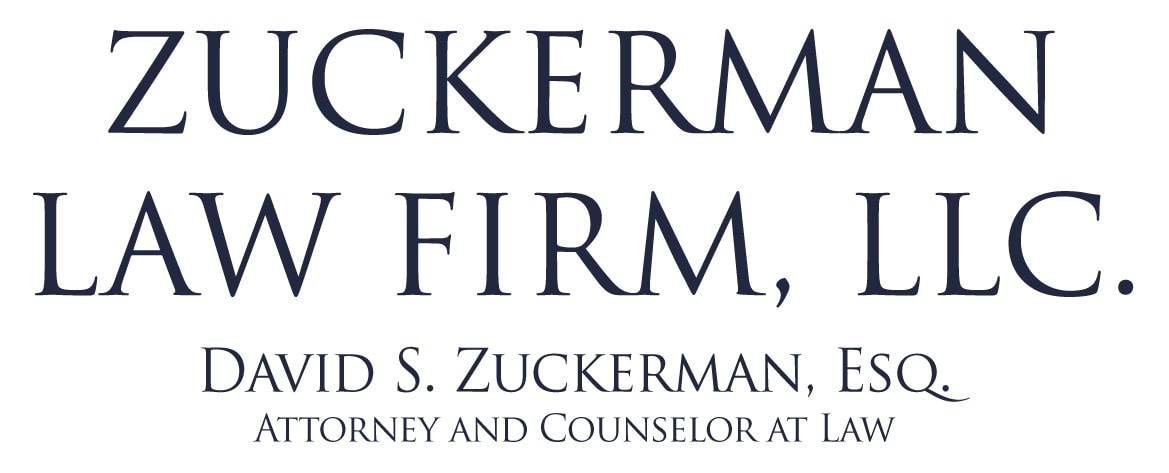PITTSBURGH HOME IMPROVEMENT FRAUD ATTORNEY
We’ve all seen it in local news reports - stories of local contractors who defraud homeowners out of tens of thousands of dollars for jobs they never intended to complete. However, very few home improvement cases rival the outrageous examples of fraud we typically see in the news. Many times, contractors act with good intentions to schedule and complete work, but are unable to do so due to financial troubles. Contractors are not immune from financial troubles and addiction.
Most contractors who don’t complete jobs as required expect to be sued in court. However, what they don’t expect is to be investigated and prosecuted for home improvement fraud. Pennsylvania has strict criminal laws that apply to contractors who negotiate contracts and perform home improvement jobs. A conviction for home improvement fraud can impact your freedom and privilege to work as a contractor in the future. It is important to engage experienced legal counsel, preferably someone who has prosecuted and defended those accused of Home Improvement Fraud in Pittsburgh.
What is Home Improvement Fraud in Pennsylvania?
The crime of Home Improvement Fraud is codified under the Home Improvement Consumer Protection Act at Title 73 P.S. 517.8. A person commits this offense if he or she acts with intent to defraud or injury anyone, or with knowledge that he or she is facilitating a fraud or injury caused by others, the person does any of the following:
Makes a false or misleading statement to convince someone to enter into a verbal or written agreement for home improvement services or materials;
Makes a false or misleading statement to convince someone to enter into a verbal or written agreement for someone to pay a higher price than what was agreed upon;
Gets paid in advance for providing home improvement services or materials, and fails to perform or provide the services or materials or doesn’t provide a refund;
Misrepresents or provides a false business name or false first or last name when selling home improvement services or materials;
Causes damage to someone’s property with the intent to convince someone to hire the person for home improvement services or materials;
Misrepresents themself as a government employee or employee for a utility company with intent to convince someone to hire you for home improvement services or materials;
Misrepresents an item as a special order material or misrepresents the cost of special order material;
Changes an agreement for home improvement services or materials without the consent of the consumer; or
Publishes false or deceptive advertisements directly or indirectly.
Home Improvement Fraud Grading and Penalties
Home Improvement Fraud can be graded as a misdemeanor or felony crime depending on the dollar value of the payment or contract for services or materials and the age of the victim, as follows:
2nd Degree Felony punishable by a maximum sentence of up to 10 years in prison, a $25,000 fine and full restitution if you have a prior home improvement fraud conviction or if the victim in your case is 60 years of age or older and the amount of money involved is $2,000 or more.
3rd Degree Felony punishable by a maximum sentence of up to 7 years in prison, a $15,000 fine and full restitution if the amount of money involved is $2,000 or more, or if the victim in your case is 60 years of age or older, and the amount of money involved is less than $2,000.
1st Degree Misdemeanor punishable by a maximum sentence of up to 5 years in prison, a $10,000 fine and full restitution if the amount of money involved is less than $2,000 or cannot be calculated if the victim is 59 years old or younger.
What can happen to my certificate of registration if I’m found guilty of Home Improvement Fraud?
Under 73 P.S. 517.8(c)(6), the court may revoke a person or company’s certificate of registration at the time of sentencing. During your sentencing hearing, the Judge must state the reasons for revocation on the record to be transcribed by a court reporter. If this occurs, you cannot petition the court for reinstatement of your registration for a 5 year period from the date the registration was revoked.
Common Reasons For Being Charged with Home Improvement Fraud
In most cases, a contractor will find themselves charged with home improvement fraud when accepting a deposit and either not doing the work, or not completing the work as required. Due to financial irresponsibility, these contractors may have spent through the deposit money on this or some other job, finding themselves unable to purchase equipment and materials, or hire necessary subcontractors. Typically, after numerous attempts at requesting a refund directly with the contractor, the homeowner then reports the developments to the police who will conduct an investigation to determine if charges are warranted.
Common Home Improvement Fraud Defenses
The most common defense pertains to the element of intent, or in other words, that you acted with the intent to defraud or injure someone. Many times, the prosecution will file charges against you without clear proof that you intended to cause harm. Additionally, there may be a good faith dispute over payment and services that led to you halting or not performing the required work.
HOW THE ZUCKERMAN LAW FIRM CAN HELP
The attorneys at the Zuckerman Law Firm have represented numerous contractors accused of home improvement fraud in Western Pennsylvania, with one goal in mind: pursuing a dismissal of your charges so you can move on with your life and career. Depending upon the circumstances, it may be possible to resolve your case with at the Magistrate level without you having a conviction for contractor fraud, or with a diversionary program.
Contact the Zuckerman Law Firm LLC today at 412-447-5580 for a free consultation.
